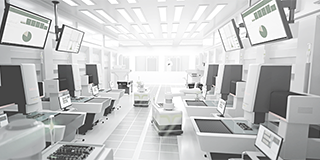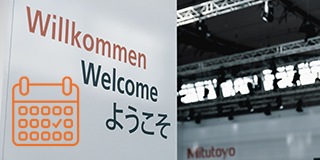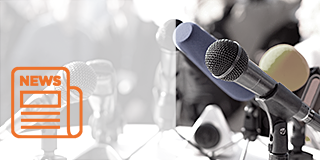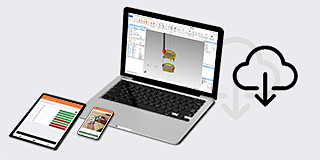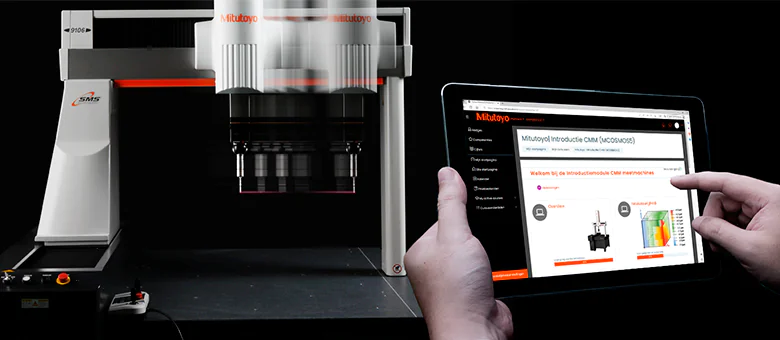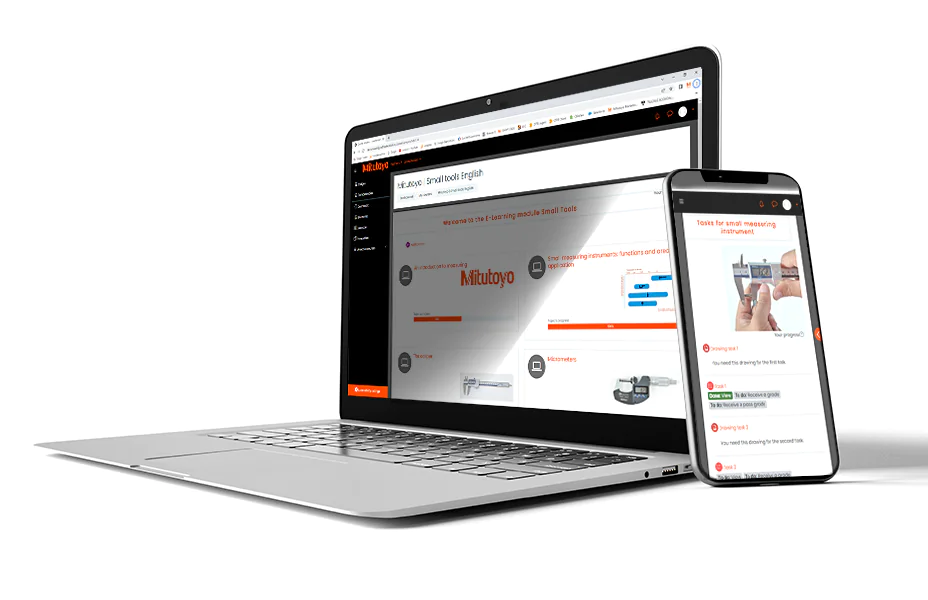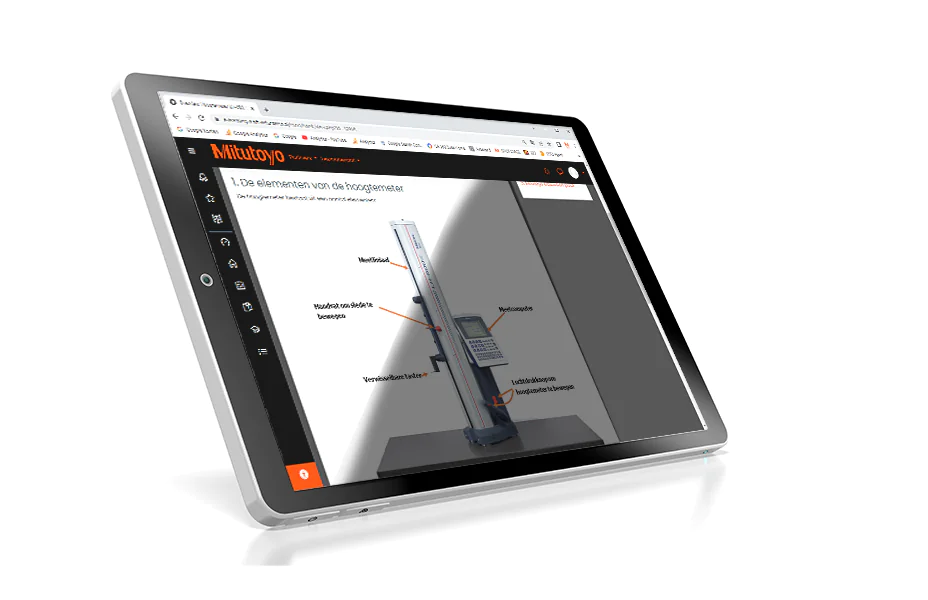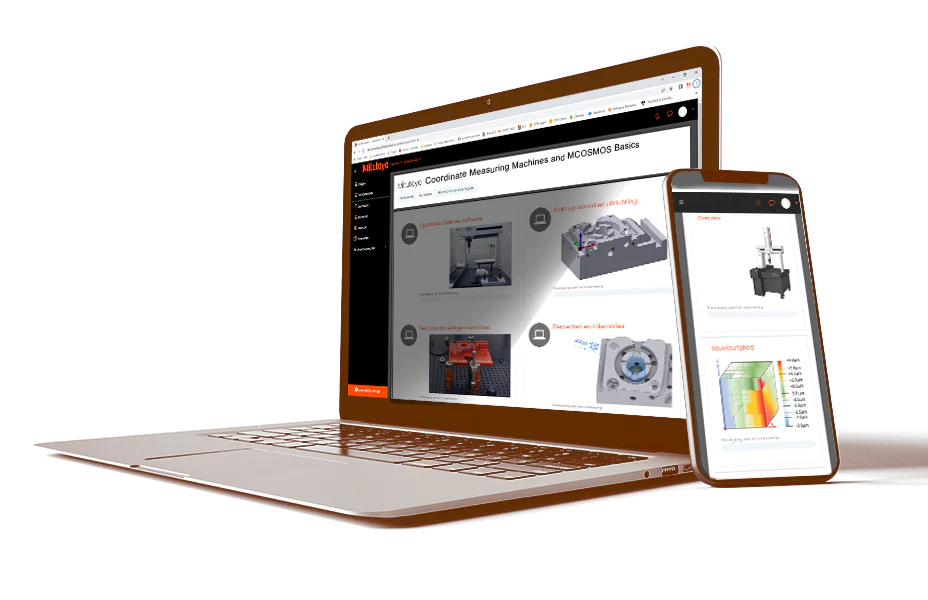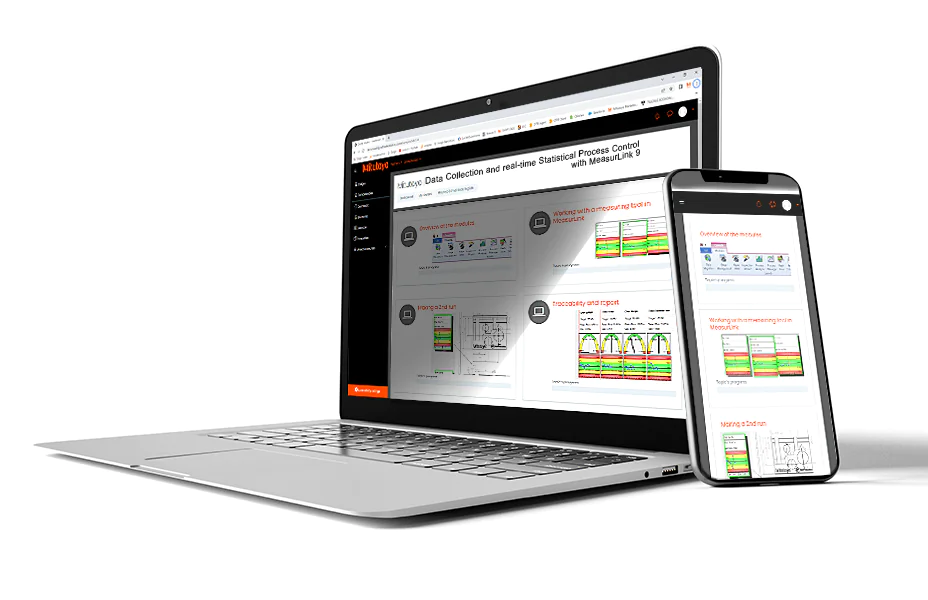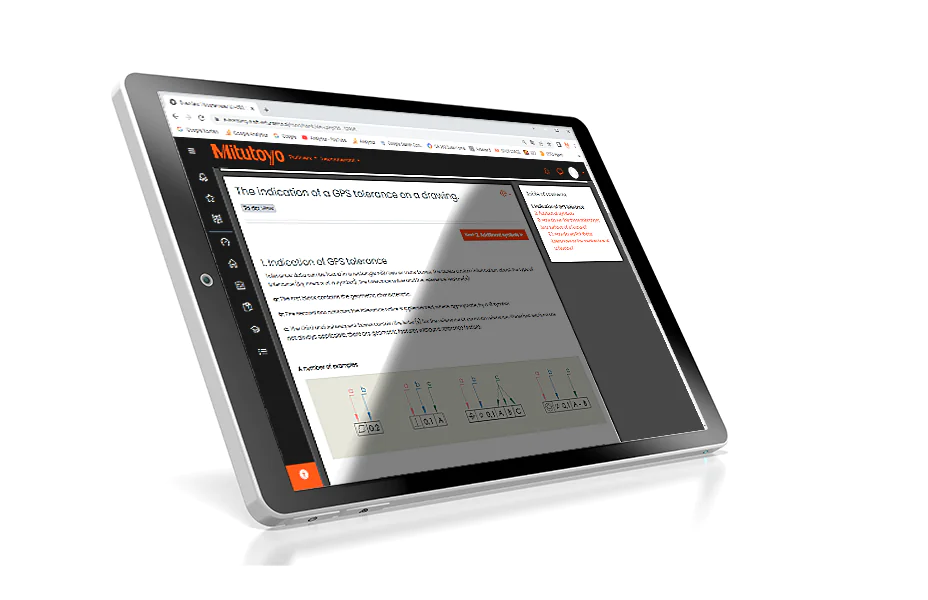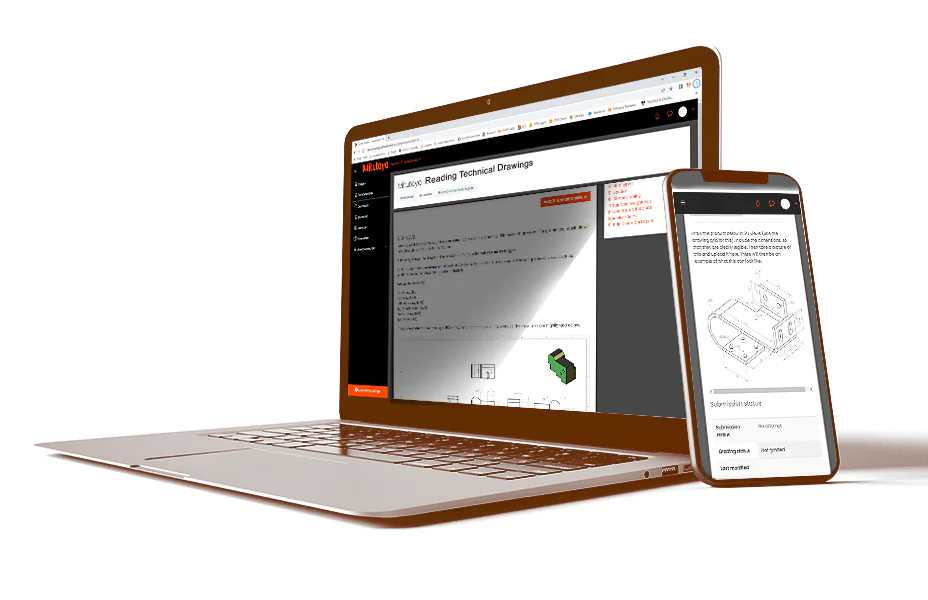Choose your country and language
- Nederlands, Belgique / België
- Česky, Česká republika
- Deutsch, Deutschland
- Español, España
- Português, Portugal
- English, Europe
- Français, France
- Italiano, Italia
- Magyar, Magyarország
- Nederlands, Nederland
- Deutsch, Österreich
- Polski, Polska
- Română, România
- Suisse / Schweiz / Svizzera
- Svenska, Sverige
- Suomeksi, Suomi
- Türkçe, Türkiye
- English, United Kingdom
- Slovenská, Slovak
-
Worldwide
- All Product Highlights
- QM-Fit
- SmartMeasure-AL
- SJ-220
- QuantuMike
- LEGEX Takumi
- STRATO-Active Series
- Measurlink 10
- TAGLENS
- MCOSMOS 5
- Crysta Apex V
- FORMTRACER Avant
- MiSTAR 555
- Calipers
- Bluetooth Data Transmission
- QuickVision Pro
- All Products by Industry
- Aerospace
- Medical
- Automotive
- Energy
- Gen. Manufacturing
- Electronics
- Original Equipment Manufacturers (OEM)
- Case Studies
- All Small Tools
- Calipers
- Micrometers & Micrometer heads
- Inside Measuring Instruments
- Depth Measuring Instruments
- Height Gauges
- Indicators & Caliper Gauges
- Auxiliary Equipment and Miscellaneous
- Calibration Instruments
- Gauge Blocks
- All CMM
- Small & Medium sized CMMs
- In-line & Shopfloor CMMs
- Large sized CMMs
- CMM Rotary Tables
- Probes
- Styli
- Fixtures
- CMM Accessories
- CMM Software
- SmartMeasure-AL
- All Vision
- Manual 2D Vision Measuring Machines QM-Fit
- Manual 2D Vision Measuring Machines Quick Image
- Manual 3D Vision Systems
- 3D CNC Vision Systems
- 3D CNC Multi-sensor Vision Systems
- 3D CNC Micro Geometry Vision Systems
- Vision System Software
- Accessories for Vision Machines
- Vision System Fixtures
- Vision System Styli
- All Optical
- Magnifiers
- Measuring Projectors
- Measuring Microscopes
- Microscope Units
- Interferometer Units
- Objective Lenses
- M2 for Measuring Microscopes and Projectors
- TAGLENS
- Optical Measurement Fixtures
- All Hardness
- Softwares for Hardness Testing Machines
- Portable Hardness Testers
- Hardness Reference Materials and Indenters
- Rockwell Hardness Testing Machines
- Vickers Hardness Testing Machines
- Micro-Vickers Hardness Testing Machines
- All Sensors
- Linear Gauges
- Low Force Gauges
- Counters and Display Units
- Laser Scan Micrometers
- Surface Measure
- Sensor Management Software
- Micrometers & Micrometer heads
- Digital & Mechanical Micrometers
- Micrometer Accessories
- Micrometer Heads
- Micrometer Head Accessories
- Inside Measuring Instruments
- Inside Micrometers
- Bore Gauges
- Inside Micrometer & Bore Gauge Accessories
- Indicators & Caliper Gauges
- Digital Indicators
- Indicator Accessories
- Lever Indicators
- Dial Indicators
- Dial Test Indicators Accessories
- Thickness, Caliper & Tension Gauges
- Auxiliary Equipment and Miscellaneous
- Indicator Stands
- Precision Vices
- Plates and Granite Squares
- Angle Measurement and Squares
- Feeler Gauges, Rules, Knife Edges
- Gauge Blocks
- Steel Gauge Block Sets
- Steel Individual Gauge Blocks
- Ceramic Gauge Block Sets
- Ceramic Individual Gauge Blocks
- Special Gauge Blocks
- Gauge Block Accessories
- Accessories for Square Gauge Blocks
- Small & Medium sized CMMs
- CRYSTA-Apex V - 500, 700, & 900 Series
- CRYSTA-Apex V - 1200, 1600 & 2000 Series
- CRYSTA-Apex EX Series for REVO
- STRATO-Active Series
- STRATO-Apex - 500, 700, & 900 Series
- STRATO-Apex - 1600 Series
- LEGEX Series
- Styli
- Styli Kits
- Straight Styli
- Diamond Coated Styli
- Solid Diamond Styli
- Master Ball
- Machine Tool Styli
- Star Styli
- Styli for Star Styli
- Styli for Clamping Holder
- Cylinder Styli
- Disk Styli
- Tip Styli
- Extensions
- Holders
- Adapters
- Joints
- Screws for Cubes
- Tools
- StyliCleaner
- Fixtures
- CMM Fixturing Kits
- Eco-fix Pallet Receiver System Kits
- FixtureBuilder Software
- Eco-fix and Eco-fixplus Extension Sets
- Eco-fix and Eco-fixplus Components
- Eco-fix Screws and Tools
- 3D CNC Vision Systems
- Quick Vision ACTIVE
- Quick Vision APEX / HYPER
- Quick Vision ACCEL
- Quick Vision ULTRA
- Accessories for Vision Machines
- Objective Lenses and Calibration Charts
- QV Index
- Accessories for TP-Retrofit
- Vision System Fixtures
- Optical Measurement Fixturing Kits
- Opti-fix Components
- Opti-fix Screws and Tools
- Vision System Styli
- Straight Styli
- Extension
- Star Styli
- Holders
- Styli for 5-way Styli
- Styli for Clamping Holder
- Adapters
- Joints
- Cylinder Styli
- Disk Styli
- Tip Styli
- Screw for Cube
- Tools
- Styli Kits
- Measuring Projectors
- PJ Series
- PV Series
- PH Series
- Data Processing Unit
- Accessories
- Accuracy Inspection Tools
- Measuring Microscopes
- TM Series Gen. B
- MF Series Gen. D
- MF-U Series Gen. D
- Illumination Sources
- Vision Unit
- QSPAK-VUE Software
- Microscope Cameras
- Objective Lenses
- ML-Series Objectives
- Brightfield Observation Objectives
- Brightfield/Darkfield Observation Objectives
- NIR Objectives
- NIR LCD Objectives
- NUV Objectives
- NUV LCD Objectives
- UV Objectives
- UV LCD Objectives
- Interferometer Objectives
- Optical Measurement Fixtures
- Optical Measurement Fixturing Kits
- Opti-fix Components
- Opti-fix Screws and Tools
- Surface Roughness
- Surftest SJ-220
- Surftest SJ-310
- Surftest SJ-410
- Surftest SJ-500
- Surftest SV-2100
- Surftest SJ-500P
- Surftest SV-2100P
- Formtracer Avant FTA-S3000
- Surftest Extreme SV-3000CNC
- Surftest Extreme SV-M3000CNC
- Surface Roughness & Contour
- Formtracer Avant FTA-D3000 / FTA-D4000 Series
- Formtracer Avant FTA-H3000
- Formtracer Extreme SV-C4500CNC
- Formtracer Extreme SV-C4500CNC HYBRID Type 1
- Formtracer Extreme CS-5000CNC and CS-H5000CNC
- Portable Hardness Testers
- Impact Type Hardness Testing Unit HARDMATIC HH-V400
- Digital and Analogue Durometers HARDMATIC HH-300
- Hardness Reference Materials and Indenters
- Hardness reference materials
- Hardness indenters and replacement balls
- Rockwell Hardness Testing Machines
- Manual Rockwell Hardness Testing Machines
- Semi-automatic Rockwell Hardness Testing Machines
- Automatic Rockwell Hardness Testing Machines
- Semi automatic Rockwell bundles
- Vickers Hardness Testing Machines
- Manual Vickers Hardness Testing Machines
- Semi-automatic Vickers Hardness Testing Machines
- Automatic Vickers Hardness Testing Machines
- Micro-Vickers Hardness Testing Machines
- Manual Micro-Vickers Hardness Testing Machines
- Semi-automatic Micro-Vickers Hardness Testing Machines
- Automatic Micro-Vickers Hardness Testing Machines
- Linear Gauges
- ABSOLUTE Digimatic Linear Gauge LGS Series
- Air Drive Unit
- Linear Gauge LG100 Series
- Linear Gauge LG200 Series
- Laser Hologauge
- Counters and Display Units
- EJ Counter and Interfaces for Linear Gauges
- EC Counter for Linear Gauges
- EG Counter for Linear Gauges
- EH Counter for Linear Gauges
- EV Counter for Linear Gauges
- Display Unit for EV Counter
- Laser Scan Micrometers
- Laser Scan Micrometer Measuring Unit
- Laser Scan Micrometer Controller Unit
- Laser Scan Micrometer Interface Unit
- Laser Scan Micrometer Optional Accessories
- DRO Linear Scales and Counters
- DRO Linear Scales AT103
- DRO Linear Scales AT103 - High Accuracy
- DRO Linear Scales AT113
- DRO Linear Scales AT113 - High Accuracy
- DRO ABS Linear Scales AT715
- Universal DRO KA-200 Counter
- DRO ABS Linear Scales AT715 bundles
- NC Linear Scales
- NC Linear Scales ST36
- NC Linear Scales ST46-EZA
- NC Linear Scales ABS ST700
- NC Linear Scales ABS ST1300
- NC Linear Scales AT211
- NC Linear Scales ABS AT1100
- NC Linear Scales ABS AT1300
- Scale Units
- Horizontal ABSOLUTE Scale Coolant Proof IP66
- Horizontal ABSOLUTE Scale Standard
- Horizontal ABSOLUTE Scale Measurement Direction Switching
- Horizontal ABSOLUTE Scale Diameter Function
- Vertical ABSOLUTE Scale Standard
- Vertical ABSOLUTE Scale Measurement Direction Switching
- Vertical ABSOLUTE Scale Diameter Function
- Signal Cables
- USB Input Tool Direct (Digimatic-USB Cable)
- Digimatic Data Cables
- Digimatic Extension Cables
- Wireless Communication
- Wireless Communication System U-WAVE
- U-WAVE Bluetooth
- U-WAVE-T Connection Cables and Connection Units
 Aerospace
Aerospace
Complex aerospace applications need fast, extremely precise quality control to ensure accurate assemblies. See how Mitutoyo makes it happen
 Automotive
Automotive
The automotive industry continues to innovate, and Mitutoyo delivers the advanced inspection and scanning capabilities to help manufacturers achieve ongoing production
 Energy
Energy
Mitutoyo’s measurement and analysis solutions are designed to help energy providers improve reliability and increase equipment uptime.
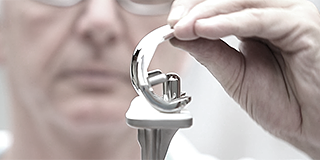 Medical
Medical
To protect patient well-being, medical applications require exceptional accuracy. See how extensively tested solutions from Mitutoyo can help you achieve it.
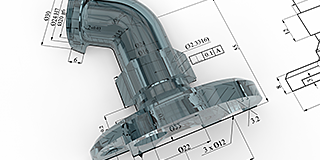 Gen. Manufacturing
Gen. Manufacturing
Ensure high repeatability and rigorous quality control with form measurement solutions, coordinate measuring machines and precision measuring tools from Mitutoyo.
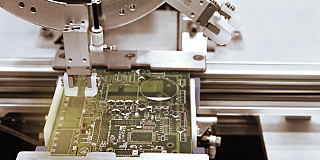 Electronics
Electronics
The non-contact and vision measurement solutions from Mitutoyo bring microscopic accuracy to smaller and denser electronic components
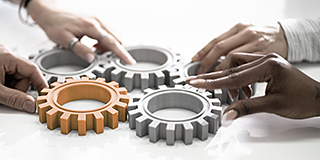 Original Equipment Manufacturers (OEM)
Original Equipment Manufacturers (OEM)
Mitutoyo OEM can address missing expertise or resources by supplying you with our renowned Metrology equipment that seamlessly integrates into your products.
 Case Studies
Case Studies
For an overview of Mitutoyo's capabilities, this is no greater place to look than our marvelous collection of case studies.
 Mitutoyo Japan Desk
Mitutoyo Japan Desk
The first stop for Japanese companies operating in Europe
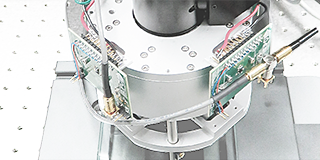 Custom Products
Custom Products
Custom-made products for unique applications
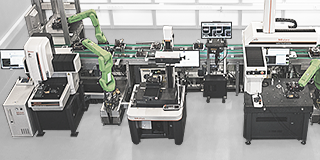 Manufacturing Automation Integration
Manufacturing Automation Integration
Turn your factory into a smart factory with the help of Mitutoyo
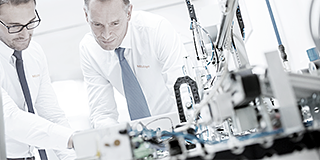 Mitutoyo Integrators
Mitutoyo Integrators
Integrating your measuring devices into existing processes made easy
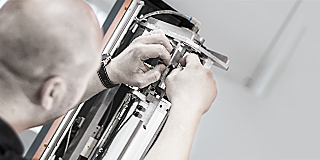 Repairs & Spare Parts
Repairs & Spare Parts
Spare parts and repairs for Mitutoyo devices
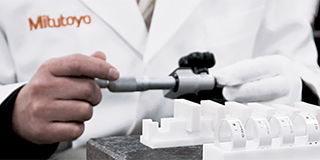 Calibration
Calibration
Get your measuring devices calibrated by a lab you trust
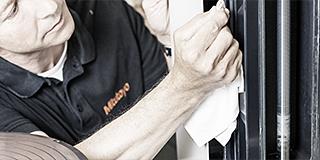 Field Services
Field Services
On-site service of your favorite measurement and testing machines
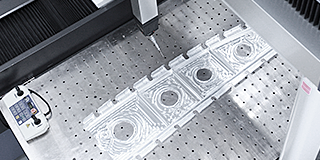 Measurement Services
Measurement Services
Get your workpieces and parts measured from anywhere in Europe
 Metrology and Product Training
Metrology and Product Training
The quickest way to get support or training
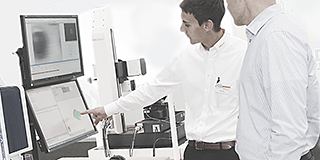 Product Demos
Product Demos
Online or offline, get a product demonstration today
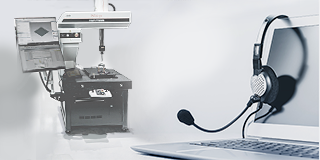 IT Support
IT Support
Perfect and hassle-free installation and integration into your IT infrastructure.
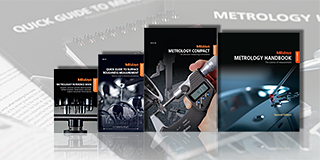 Education Pack
Education Pack
Perfect for the workshop or classroom, there is no greater help than posters or learning material from Mitutoyo
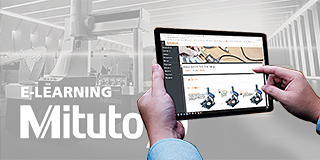 E-Learning
E-Learning
For those interested in metrology, Mitutoyo offers E-Learning courses to help train students, staff, or even hobbyists
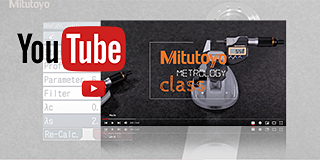 Online Material
Online Material
If you're looking for a quick way to learn more about measurement, check out our many instructional videos.
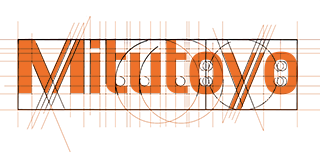 Discover Mitutoyo
Discover Mitutoyo
Unmatched expertise in measurement
 Mitutoyo Partners
Mitutoyo Partners
Find out here who our Dealer Partners in Europe are
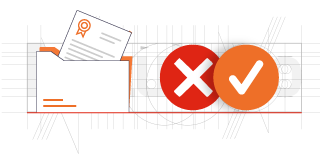 Certifications & Legitimacy
Certifications & Legitimacy
Here you can explore our certifications, accreditations and legitimacy to ensure trusted and verified services
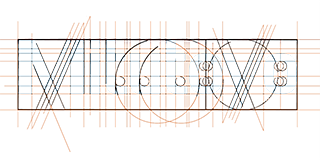 Career
Career
Learn more about how it feels to work at Mitutoyo and the next steps toward starting your career here
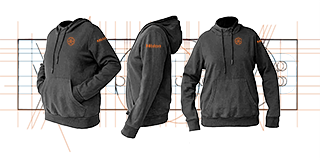 Merchandising
Merchandising
The popular destination for high-quality Mitutoyo apparel and more!
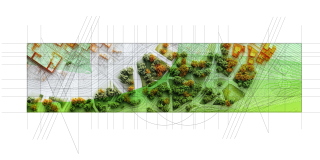 Sustainability
Sustainability
Find out more about Mitutoyo's contribution towards Sustainability
 Declarations of Conformity
Declarations of Conformity
Here you can download the full versions for the EU and the UK
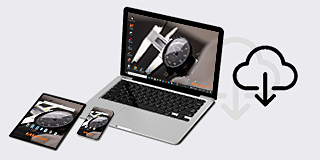 Free Wallpapers
Free Wallpapers
Download official Mitutoyo wallpapers here for free
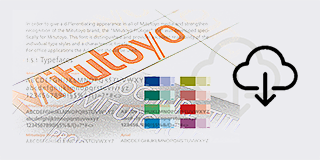 Mitutoyo Brand Communication Materials
Mitutoyo Brand Communication Materials
Resources for Mitutoyo staff and external suppliers
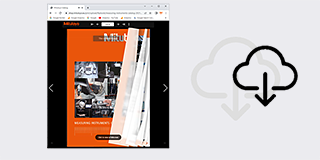 Online Catalog
Online Catalog
View our extensive product range in our online catalog!
-
Products
- Back Products
- Products
- Product Highlights
- Products by Industry
-
Small Tools
- Back Small Tools All Small Tools
- Calipers
-
Micrometers & Micrometer heads
- Back Micrometers & Micrometer heads Micrometers & Micrometer heads
- Digital & Mechanical Micrometers
- Micrometer Accessories
- Micrometer Heads
- Micrometer Head Accessories
-
Inside Measuring Instruments
- Back Inside Measuring Instruments Inside Measuring Instruments
- Inside Micrometers
- Bore Gauges
- Inside Micrometer & Bore Gauge Accessories
-
Depth Measuring Instruments
- Back Depth Measuring Instruments Depth Measuring Instruments
- Depth Micrometers
- Depth Calipers & Gauges
- Depth Caliper Accessories
- Height Gauges
- Indicators & Caliper Gauges
-
Auxiliary Equipment and Miscellaneous
- Back Auxiliary Equipment and Miscellaneous Auxiliary Equipment and Miscellaneous
- Indicator Stands
- Precision Vices
- Plates and Granite Squares
- Angle Measurement and Squares
- Feeler Gauges, Rules, Knife Edges
-
Calibration Instruments
- Back Calibration Instruments Calibration Instruments
- Height Masters
- Check Masters
- Calibration Tools
- Gauge Blocks
-
CMM
- Back CMM All CMM
- Small & Medium sized CMMs
-
In-line & Shopfloor CMMs
- Back In-line & Shopfloor CMMs In-line & Shopfloor CMMs
- MACH Ko-ga-me
- MACH 3A 653
- MACH V 9106
- MiSTAR 555
-
Large sized CMMs
- Back Large sized CMMs Large sized CMMs
- STRATO Apex G
- CARB-Series
-
CMM Rotary Tables
- Back CMM Rotary Tables CMM Rotary Tables
- MRT240 Rotary Table
- MRT320 Rotary Table
- Probes
- Styli
- Fixtures
-
CMM Accessories
- Back CMM Accessories CMM Accessories
- Enclosures
- Security System
-
CMM Software
- Back CMM Software CMM Software
- MiCAT Planner
- MCOSMOS
- MAFIS Express
- MSURF
- GEARPAK EXPRESS
- SmartMeasure-AL
-
Vision
- Back Vision All Vision
- Manual 2D Vision Measuring Machines QM-Fit
-
Manual 2D Vision Measuring Machines Quick Image
- Back Manual 2D Vision Measuring Machines Quick Image Manual 2D Vision Measuring Machines Quick Image
- Quick Image
- Quick Image Software
-
Manual 3D Vision Systems
- Back Manual 3D Vision Systems Manual 3D Vision Systems
- Manual Quick Scope
- Quick Scope Software
-
3D CNC Vision Systems
- Back 3D CNC Vision Systems 3D CNC Vision Systems
- Quick Vision ACTIVE
- Quick Vision APEX / HYPER
- Quick Vision ACCEL
- Quick Vision ULTRA
-
3D CNC Multi-sensor Vision Systems
- Back 3D CNC Multi-sensor Vision Systems 3D CNC Multi-sensor Vision Systems
- Quick Vision Hybrid
- Quick Vision WLI
-
3D CNC Micro Geometry Vision Systems
- Back 3D CNC Micro Geometry Vision Systems 3D CNC Micro Geometry Vision Systems
- UMAP Vision Systems
- UMAP Software
-
Vision System Software
- Back Vision System Software Vision System Software
- QVPAK
- QSPAK
- QIPAK
-
Accessories for Vision Machines
- Back Accessories for Vision Machines Accessories for Vision Machines
- Objective Lenses and Calibration Charts
- QV Index
- Accessories for TP-Retrofit
-
Vision System Fixtures
- Back Vision System Fixtures Vision System Fixtures
- Optical Measurement Fixturing Kits
- Opti-fix Components
- Opti-fix Screws and Tools
- Vision System Styli
-
Optical
- Back Optical All Optical
-
Magnifiers
- Back Magnifiers Magnifiers
- Clear Loupes
-
Measuring Projectors
- Back Measuring Projectors Measuring Projectors
- PJ Series
- PV Series
- PH Series
- Data Processing Unit
- Accessories
- Accuracy Inspection Tools
- Measuring Microscopes
-
Microscope Units
- Back Microscope Units Microscope Units
- Microscope Unit FS70 Series
- Video Microscope Unit VMU Series
- Interferometer Units
- Objective Lenses
- M2 for Measuring Microscopes and Projectors
- TAGLENS
-
Optical Measurement Fixtures
- Back Optical Measurement Fixtures Optical Measurement Fixtures
- Optical Measurement Fixturing Kits
- Opti-fix Components
- Opti-fix Screws and Tools
-
Form
- Back Form All Form
- Surface Roughness
- Contour
- Surface Roughness & Contour
-
Form
- Back Form Form
- Roundtest
- Roundtracer
-
FMI Software
- Back FMI Software FMI Software
- Formtracepak
- Roundpak
- MCube Map V9
-
Fixtures
- Back Fixtures Fixtures
- Eco-fix FMI Kits
-
Hardness
- Back Hardness All Hardness
-
Softwares for Hardness Testing Machines
- Back Softwares for Hardness Testing Machines Softwares for Hardness Testing Machines
- AVPAK
- Portable Hardness Testers
-
Hardness Reference Materials and Indenters
- Back Hardness Reference Materials and Indenters Hardness Reference Materials and Indenters
- Hardness reference materials
- Hardness indenters and replacement balls
- Rockwell Hardness Testing Machines
- Vickers Hardness Testing Machines
- Micro-Vickers Hardness Testing Machines
- Sensors
-
Digital Scales
- Back Digital Scales All Digital Scales
- DRO Linear Scales and Counters
- NC Linear Scales
-
Scale Units
- Back Scale Units Scale Units
- Horizontal ABSOLUTE Scale Coolant Proof IP66
- Horizontal ABSOLUTE Scale Standard
- Horizontal ABSOLUTE Scale Measurement Direction Switching
- Horizontal ABSOLUTE Scale Diameter Function
- Vertical ABSOLUTE Scale Standard
- Vertical ABSOLUTE Scale Measurement Direction Switching
- Vertical ABSOLUTE Scale Diameter Function
-
Data Management
- Back Data Management All Data Management
-
Data Management Software
- Back Data Management Software Data Management Software
- MeasurLink 10
- USB-ITPAK
-
Mini Processors
- Back Mini Processors Mini Processors
- Digimatic Mini Processor DP-1VA LOGGER
- Signal Cables
- Wireless Communication
- Interfaces
-
Timerbox, Digimatic Switch Box
- Back Timerbox, Digimatic Switch Box Timerbox, Digimatic Switch Box
- Digimatic Timerbox
- Digimatic Switch Box
-
Software
- Back Software All Software
-
CMM Software
- Back CMM Software CMM Software
- MiCAT Planner
- MCOSMOS
- MAFIS-Express
- MSURF
- GEARPAK EXPRESS
-
Vision System Software
- Back Vision System Software Vision System Software
- QVPAK
- QSPAK
- QIPAK
-
FMI Software
- Back FMI Software FMI Software
- Formtracepak
- Roundpak
- MCube Map V9
- Hardness Testing Software
- Sensor Management Software
-
Data Management Software
- Back Data Management Software Data Management Software
- Measurlink 10
- USB-ITPAK
- Automated Measuring Devices
- Computed Tomography Systems
- Industries
-
Services
- Back Services
- Services
- Mitutoyo Japan Desk
-
Smart Factory Solutions
- Back Smart Factory Solutions
- Smart Factory Solutions
- Custom Products
- Manufacturing Automation Integration
- Mitutoyo Integrators
- Repairs & Spare Parts
- Calibration
- Field Services
- Measurement Services
- Metrology and Product Training
- Product Demos
- IT Support
-
Education
- Back Education
- Education
- Education Pack
- E-Learning
- Online Material
-
About us
- Back About us
- About us
-
Discover Mitutoyo
- Back Discover Mitutoyo
- Discover Mitutoyo
-
Mitutoyo History
- Back Mitutoyo History
- Mitutoyo History
- Name & Philosophy
- Mitutoyo Corporation
- Mitutoyo in Europe
-
Mitutoyo 90th Anniversary
- Back Mitutoyo 90th Anniversary
- Mitutoyo 90th Anniversary
-
Mitutoyo Partners
- Back Mitutoyo Partners
- Mitutoyo Partners
- Mitutoyo Spain
- Mitutoyo Portugal
- Mitutoyo Turkey
-
Certifications & Legitimacy
- Back Certifications & Legitimacy
- Certifications & Legitimacy
- Certifications & Accreditations
- Products Legitimacy (FAKE)
-
Career
- Back Career
- Career
- Mitutoyo Trainee Program
- Merchandising
- Sustainability
-
News
- Back News
- News
- Events
-
Special Promotions
- Back Special Promotions
- Special Promotions
- Press Area
- Downloads
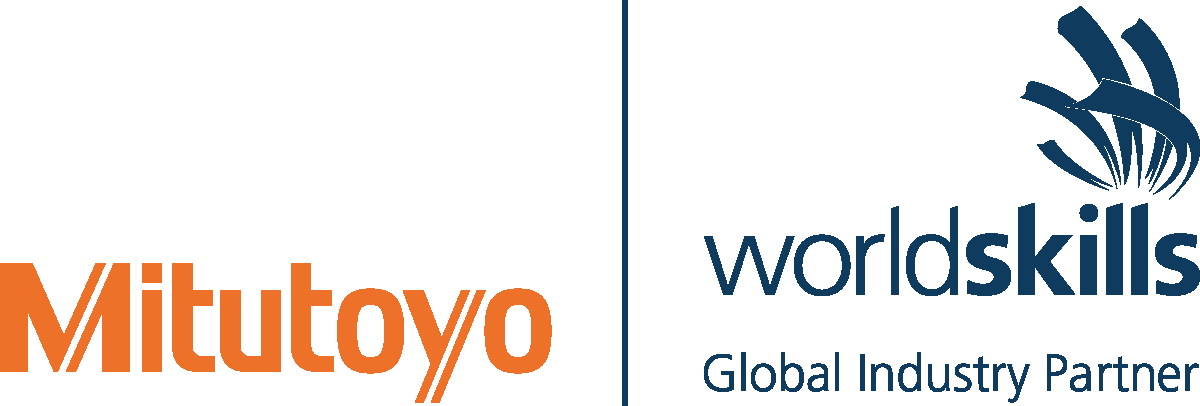
> E-Learning Course
Measuring Basics & Handheld Tools
During the course of this online program, handheld measuring tools are extensively discussed. What the dos and don'ts of each measurement tool are, as well as, the theory of the measuring device itself, and even the field of application of measuring devices are discussed.
Check Availability in your Country
Course Details
>Introduction to Measuring
>Small Measuring Instruments: Functions and Area of Application
>Calipers
>Micrometers
>3-point Bore Micrometers
>Depth Micrometers
>Gauge Blocks
>Indicators and Dial Test Indicators
>Height Gauges
>Tasks for Small Measuring Instruments
>Surface Roughness
>Additional Practical Tasks
>Measuring in Practice
Target Group and Course Duration
Targeted Audience:
- Students in technical vocational schools and universities
- Technical engineers and operators
- Service and sales specialists/consultants technical goods
- Interested individuals with basic technical knowledge
Course Duration: 10 - 15 hours
> E-Learning Course
Linear Height - 2D Measurement System
Learning how to properly use a linear height is a very impressive skill in the quality control world, and in this program, we focus on Mitutoyo's widely used LH-600. In this online course, you will learn, among other things, the correct execution of measurements, reading in and calling up the probe, serial measurements, and reading out the measurement data.
Check Availability in your Country
Course Details
>Overview
- Height gauge properties
- Main features
>Switching On and Initial Settings
- Switching on
- Absolute zero point
- Incremental zero point
- Measurement chain values
>Measure and Call Up Probe
- Measure probe diameter
- Save probe
- Call button
- Depth probe
>1D Measurements
- Top surface measurement
- Bottom surface measurement
- Thickness measurement (external)
- Inner size measurement
- Determine the highest point
- Hole measurement
- Shaft measurement
- Determine the vertical distance
- Flat scanning
- Measure squareness
>Tolerances
- Add tolerance to measurement
>Serial Measurements
- Create program
- Repeat program
>Other
- Delete measured values
- Settings
Target Group and Course Duration
Targeted Audience:
- Students in technical vocational schools and universities
- Technical engineers and operators
- Service and sales specialists/consultants technical goods
- Interested individuals with basic technical knowledge
Course Duration: 4 - 5 hours
> E-Learning Course
Coordinate Measuring Machines (CMMs) and CMM Data Processing Software Basics (MCOSMOS)
In this course, you will take a closer look at the technology of a CMM which will enable you to work with Mitutoyo's well-known data processing software MCOSMOS (Version 5).
Learn all about a CMM's construction, accuracy, measurement techniques, probing systems, fixturing methods, and all tips and tricks required to efficiently and safely operate a high-end 3-dimensional measuring machine.
The MCOSMOS training covers the basics of the software, setting up test jobs at lightning speed, manually measuring individual elements and evaluating them, handling large amounts of data, and making it available across all the networked areas of the production chain. To truly get an understanding of what makes a CMM tick, this course is right for you!
Check Availability in your Country
Course Details
>Starting Up the CMM and the Software
>Start-Up Wizard and Set-Up
>Taking Measurements
>Elements and Tolerances
>Position Tolerances, Measurement Report, and Angular Rotations
>Start-Up of an Existing Measurement Program
>Overview CMM
>Accuracy
>Probing Systems
>Probe Shaft Materials and Choices
>Fixturing
>Software and Their Main Features
>Measuring Technics
>Maintenance
>Reference Guide
Target Group and Course Duration
Targeted Audience:
- Students in technical vocational schools and universities (advanced knowledge required)
- Skilled technical engineers/metalworkers and CMM operators
Course Duration: 14 - 18 hours
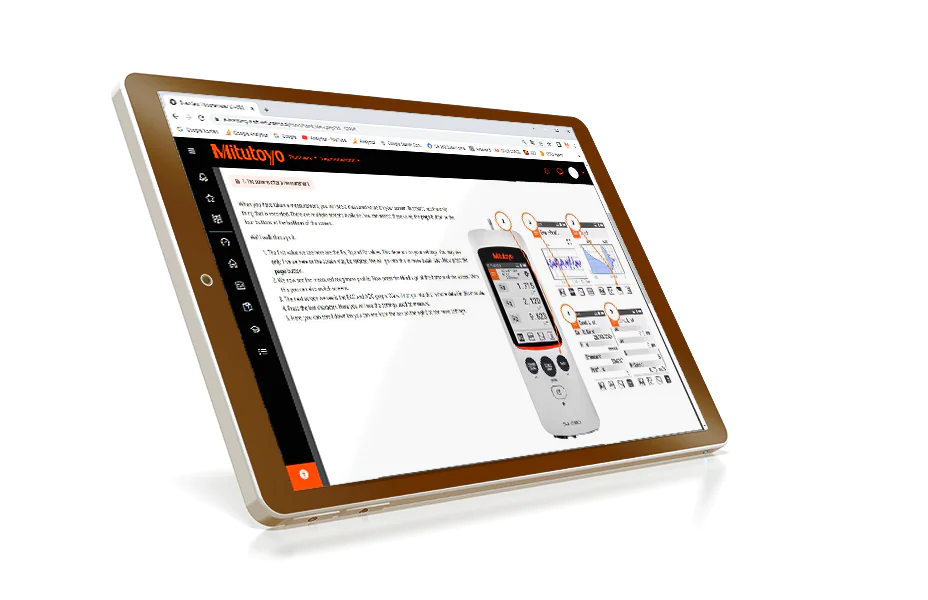
> E-Learning Course
Portable Surface Roughness Testers
Increase knowledge – all about the SJ-220
Surface roughness measurement can be tricky, learn how easy it is to do this with Mitutoyo's portable surface roughness tester the Surftest SJ-220. This course will help you to master all your surface roughness measuring tasks - from the theory of surface roughness, measuring basics, how to choose the correct standards, picking good profiles and parameters, filtering, and many other beneficial topics.
Check Availability in your Country
Course Details
>Overview of Surftest SJ-220: Introduction to the features and capabilities of the SJ-220
>Calibration: Step-by-step guidance on how to properly calibrate the device
>Performing Measurements: Detailed instructions for conducting accurate surface measurements
>Theory and Measurement (ISO 21920 & ISO 4287): Understanding measurement theory and standards according to ISO 21920 and ISO 4287
>Measurement Data and Tolerance: How to interpret measurement data and ensure tolerance compliance
>Measure via Android Phone and PC: Convenient methods for measuring with your Android phone or PC
>Accessories: Overview of available accessories for enhanced measurement experience
>Settings: Instructions for configuring settings for optimal performance
>Final Test: A final test to assess and reinforce your knowledge of the SJ-220.
Other Courses: SJ-210
Course Details
>Overview The Roughness Tester SJ-210
>Switching On/Off and Calibration
>Performing Measurements
>Measuring Data
>Measuring via PC
>Accessories
>Settings
Check Availability in your Country
Target Group and Course Duration
Targeted Audience:
- Students in technical vocational schools and universities
- Technical engineers and operators
- Service and sales specialists/consultants technical goods
- Interested individuals with basic knowledge of a theory of surface roughness
Course Duration: 4 - 6 hours
> E-Learning Course
Data Collection and Real-Time Statistical Process Control with
MeasurLink 9
Get all of the information you need to master data collection and data analysis, monitoring, measurement system analysis, gauge inventory, calibration control, and much more with Mitutoyo's newest generation of our top-of-the-line data collection and SPC software.
In this course, we cover the basics of the MeasurLink modules: Support Center, Real-time Inspection Wizard, Process Analyzer, Report Scheduler, and Security Center.
Learn to add measuring tools and stations, set up a measuring scheme and monitor them in real-time, build dashboards, and discover how to interpret measured values, create reports, or analyze the data in the Process Analyzer.
Check Availability in your Country
Course Details
>Overview of the Modules
>Working With a Measuring Tool in MeasurLink
>Making a 2nd Run
>Adding an Image to a Run
>Traceability and Report
>Real-Time Data and Interval Measurement
>Proces Analyzer
>Security Center
Target Group and Course Duration
Targeted Audience:
- Students in technical vocational schools and universities
- Technical engineers and operators
- Service and sales specialists/consultants technical goods
- Interested individuals with basic technical knowledge
Course Duration: 10 - 12 hours
> E-Learning Course
Geometrical Deviations and Tolerances
This course is teaching you all basics and detailed scientific backgrounds for engineering tolerances and relationships including symbolic language on engineering drawings and computer-generated three-dimensional solid models that explicitly describe nominal geometry and its allowable variation.
It will enable you to understand the various geometric tolerances (e.g. form, orientation, location, run-out) and how to interpret them on an engineering drawing for manufacturing, measure and define a particular form, orientation, location, or run-out tolerance.
Check Availability in your Country
Course Details
>What is Geometrical Tolerancing
>Indications
>Datum Reference and Datum Targets
>Form Tolerances
>Orientation Tolerances
>Location Tolerances
>Run-Out Tolerances
>Additional Symbols and Characters
>Geometric Tolerancing in PMI
>Practice Assignments
Target Group and Course Duration
Targeted Audience:
- Students in technical vocational schools and universities
- Technical engineers and operators
- Interested individuals with basic technical knowledge
Course Duration: 8 - 10 hours
> E-Learning Course
Reading Technical Drawings
Engineering drawings are more than simply a drawing, each one is a rich and specific outline that shows all the information and requirements needed to manufacture an item or product. This course teaches you that engineering drawings offer a lot more specific information and requirements than what a 2D or 3D-Model can do. Learn about Information, Title and Revision blocks, Bill of Material, Lines, and Tolerances. In addition, this course also covers the very basics of geometric tolerances, a much-needed skill in the world of quality control.
Check Availability in your Country
Course Details
>Reading a Technical Drawing in a Nutshell
>Views
>Line Types
>Dimensioning
>Dimensional Tolerancing
>Section Views
>Scales
>Geometrical Tolerancing
>Surface Roughness Symbols
>Welding Indications
>Flat Patterns
Target Group and Course Duration
Targeted Audience:
- Students in technical vocational schools and universities
- Technical engineers and operators
- Service and sales specialists/consultants technical goods
- Interested individuals with basic technical knowledge
Course Duration: 24 - 30 hours



